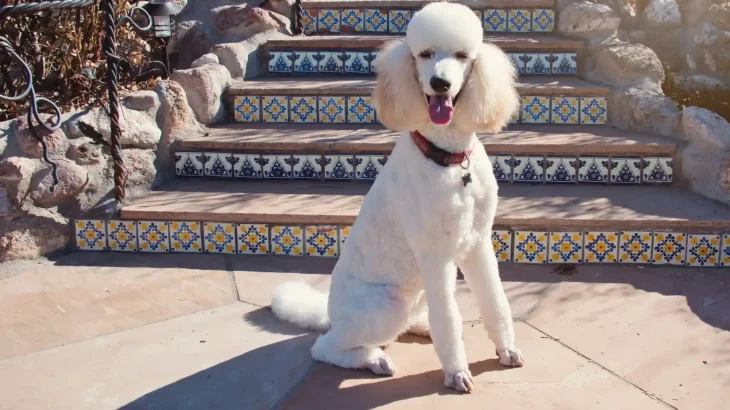Pet insurance is a smart consideration for Standard Poodle owners, as this breed can face health issues and leads an active life. Insurance helps ease unexpected costs from health problems, accidents, or surgery. While Standard Poodles are generally healthy, they may develop conditions like hip dysplasia, skin problems, or hereditary diseases, making insurance a useful safety net. Typically, pet insurance covers accidents, illnesses, and sometimes liability, though coverage and limits vary. It's important to understand what is covered and what costs owners bear. Insurance offers peace of mind but involves premiums and exclusions.
Health and Surgery Coverage
This is the core focus of most pet insurance plans for Standard Poodles, covering sudden illnesses and injuries needing vet care. Coverage often includes breed-related conditions like hip dysplasia and skin allergies, plus emergency surgeries. It reduces out-of-pocket costs so owners can act promptly. However, most policies exclude pre-existing conditions and elective treatments, so budgets should account for these. For example, if a Standard Poodle ingests something toxic, insurance can assist with emergency care costs.
Liability Coverage
Liability coverage protects owners if their dog causes injury or property damage. For an active, intelligent breed like the Standard Poodle, this coverage adds peace of mind against incidents such as accidental bites or damage. Often sold separately or as an add-on, it's less common in basic plans. Without it, owners could face legal costs or claims.
Common Alternatives and Owner Costs
Some owners save money themselves for emergencies, avoiding premiums but needing solid financial discipline. Policies usually have deductibles and co-pays, so owners share some costs. Routine care, vaccinations, and some hereditary issues might be excluded. Knowing policy details prevents surprises. For instance, dental cleanings or preventive care often require out-of-pocket payment.
Advantages and Disadvantages of Pet Insurance
Insurance offers financial protection, peace of mind, and helps provide care without hesitation during emergencies like pancreatitis. Downsides include premium costs, coverage exclusions, and claims paperwork. Some owners may find premiums outweigh benefits if their dog stays healthy. Ultimately, the choice depends on the dog's health, lifestyle, and owner preferences.




















































